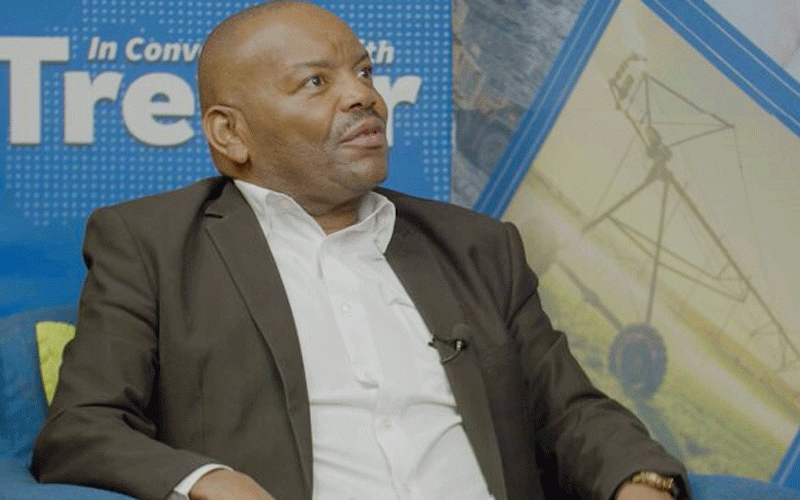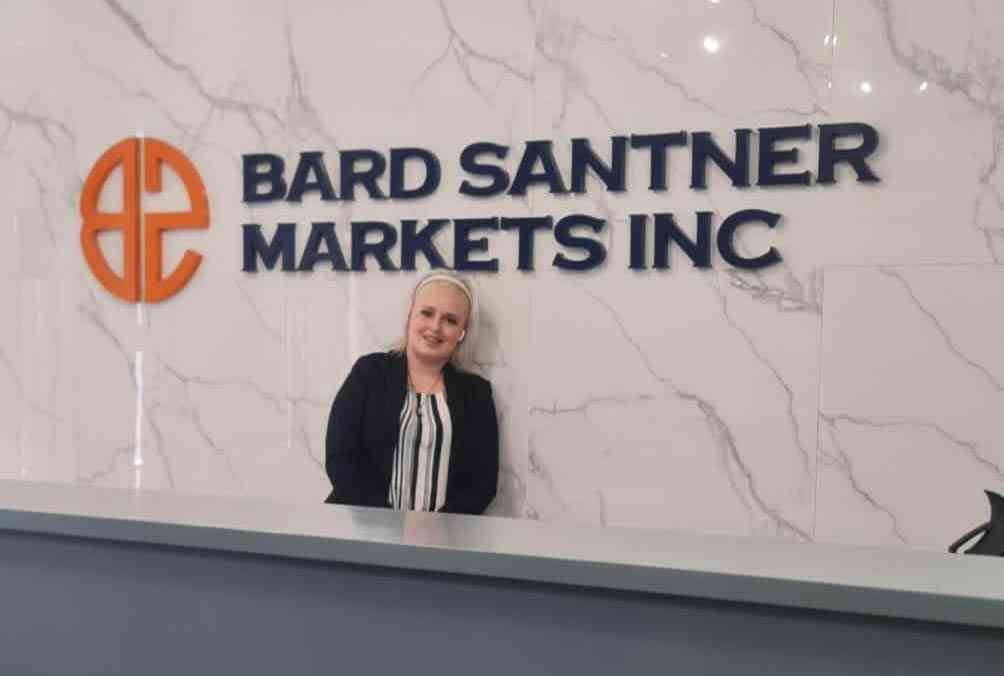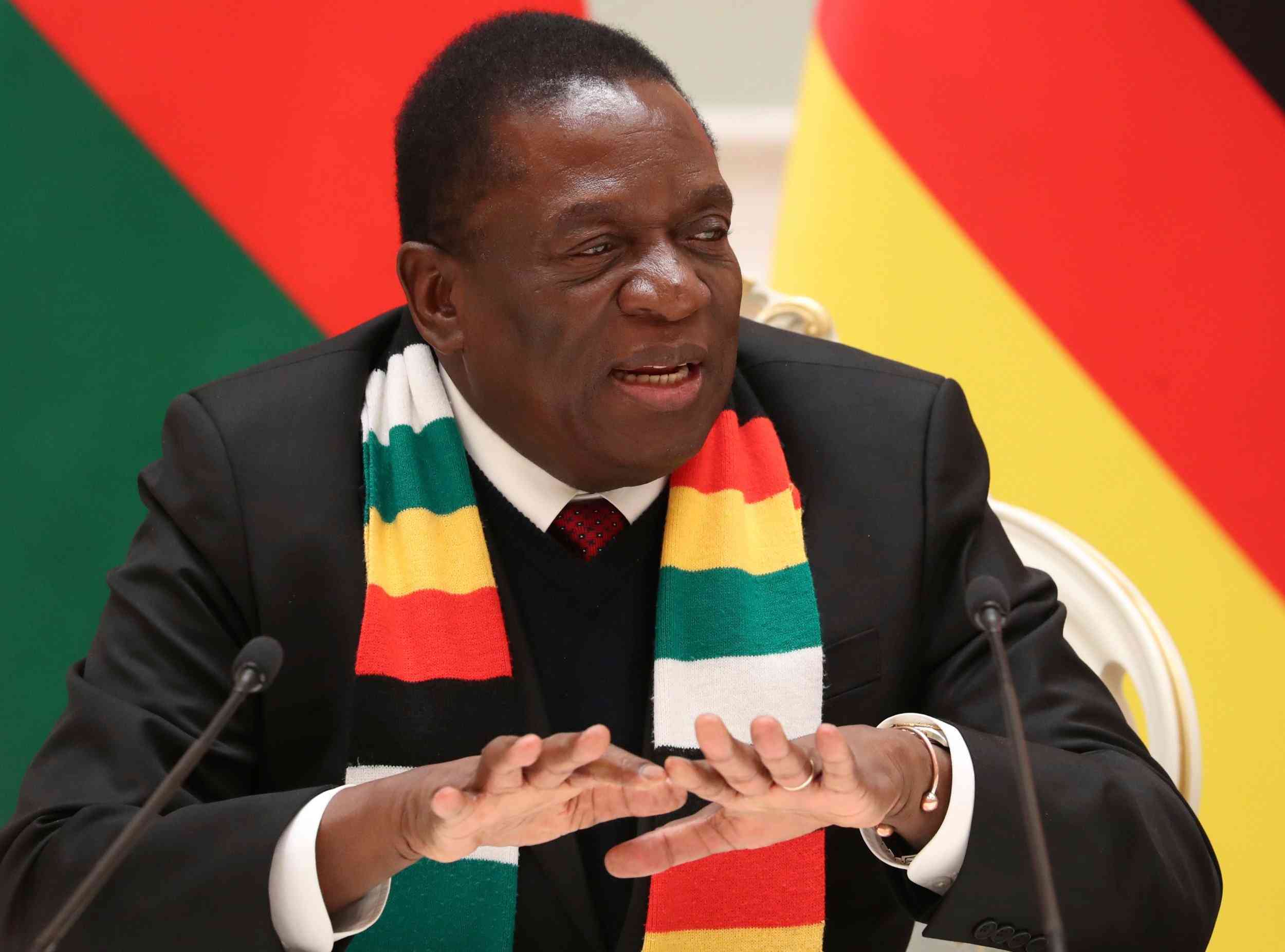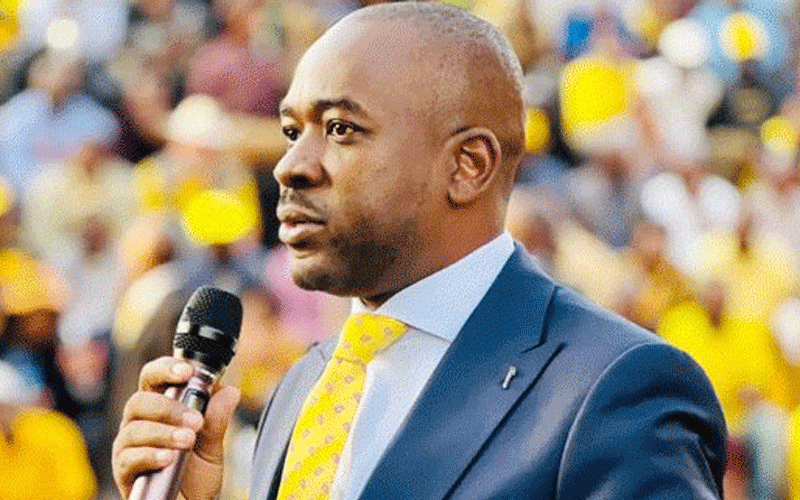
Veteran industrialist Joseph Kanyekanye says the quality of board members determines the success of a business.
Kanyekanye (JK) made the observation on the platform In Conversation with Trevor hosted by Alpha Media Holdings chairman Trevor Ncube (TN).
He spoke about his experience running the Forestry Company of Zimbabwe (now Allied Timbers). Below are excerpts from the interview.
TN: Dr Joseph Kanyekanye welcome to In conversation with Trevor.
JK: Thank you very much for having me here.
TN: What a pleasure having you. As we were chatting you reminded me that you are actually cousins with Justin Machibaya, who sat here before and that you actually are a Machibaya. Talk to us why you are not a Machibaya, but Kanyekanye. What happened? What is the story behind?
JK: It's humorous; it was really an accident in the sense that Justin's father and my father are blood brothers.
So it so happened that our grandfather used to be a very good commercial farmer.
- In Conversation with Trevor: Chisamba: Let’s be proud of ourselves
- In Conversation with Trevor: ‘I tried to change Zanu PF from within’ – Margaret Dongo
- In Conversation with Trevor : How car crash changed my life
- In Conversation With Trevor: ‘We lost our humanity’
Keep Reading
So what would happen is that people in the communal areas would come to the farm when they were in trouble or when they needed firewood or some food.
So what you would do, you give a little bit of everything and they then gave him a nickname Kanyekanye, meaning he gives you a little bit of everything.
So when my father went to school during that time…...
When he got there because my grandfather was well known because of his generosity, so he simply says my name is Joseph.
He says okay, so Joseph Kanyekanye, that's so with a second generation of Joseph Kanyekanyes, but in reality we are Machibayas.
Yeah so and Kanyekanye means mix up. Yes, mixing so you get a bit of grain, a bit of this and then he would help the community because he was also a religious man.
TN: And I'm seeing in your life, in your career, there's a bit of gold, there's a bit of timber, there's a bit of consultancy and financial services, but we will get to that.
- I think the Kanyekanye name is taking a life of its own in your own life, true but let's start by going to Allied Timbers Holdings when you're group chief executive 2008 to 2015.
- Before we actually get into what you did there, it's what you were accused of where I think there's a lot of lessons there.
- I know I don't like scandals. I like more for us to extricate the lessons from there.
- So you got accused of unlawfully giving discounts and unauthorised allowances, diverted money which was for VAT and this amount is supposed to have been US$10 million.
- Talk to me about it in the initial instance when this allegation is made that you have done that. What goes through your mind?
JK: Well, I was disappointed because when you look at it Allied Timbers came from the Forestry Company of Zimbabwe.
I actually formed the operation in 2001 and then it grew into a bigger company subsidiary, then became Allied Timbers Holding.
I was then promoted to group CEO. What shocked me was that we had audited financials, we had AGMs on time.
I came from the commercial/private sector before going to run a state enterprise.
So, basically all the corporate governance issues, we had AGMs, we paid dividends, it was profitable and I think there was a changeover.
I think around 2013/14, there was a change over in government in terms of the ministers under which the company operated under.
I think what became clear was that we got in a new board of directors that came through. I got to say that some of them were not really experienced in terms of what should actually happen in the board.
So, we went through directors training. Quite a number of them did not like it, but I thought it was prudent to do that.
I was a little bit naive at that time because I believe in goodness of men, that people are objective in whatever you do.
What then happened is that the board that I had worked with which was led by Livingstone Gwata, was momentarily dismissed just overnight over the television, which was quite shocking because we had meetings before where they were sure they were doing a good job.
So, when that happened I went on for two years without a board of directors and then when these new guys came in, the notion of what they wanted to do and obviously my stance was, look, the truth cannot be put under the carpet.
You can look at everything, check everything, so they did audits. While I was still there salaries and everything they came out clean.
The government also did their own through the Auditor General on remuneration, it was a clean audit done by a separate company.
So, I then detected that after the two years with the new board came through we basically had some serious issues.
TN: Two years you didn't have a board?
JK: No, I didn't have a board. I operated without a board and that's where the problem started.
So, the person who dissolves the board, the minister who disolves the board, yes, stays for two years without appointing a board, fascinating isn't it?
Yeah you would think that with corporate governance and the way we've moved now something like that would not happen but look, it happened.
TN: And you are saying during that period you think that's where things went wrong?
JK: Yeah, because what happens is, when you don't have a board it basically then means that you are operating as Group CEO.
The things, the budgets everything still need to be sorted out with certain procurement guidelines, this be must done but then in effect you are now working with the ministry directly and what it then calls on you is that you are now forced to deal with them directly on day-to-day issues and on other tactical plans that the business has to do.
So, you now get a group of people that are now accustomed to getting inside the company and then when a new board comes in, you then have this misalignment where people were used to say when you want approvals they are involved.
Now you have got a board and then that sort of setup led to all sorts of things and I think when the new board came in, obviously, ordinarily you and I would understand that whether it's a state-owned company.
If it's a parastatal with enabling Act, I was running a private limited company.
So, in essence the moment you put a board I report strictly to the board and I think that is where the problem started because when the board came through, I stopped taking instructions from the other side on the basis that is the only way I have been accustomed to.
TN: Meanwhile, you are upsetting some people precisely and that appeared like you have been, uh, intransigent, you have been insubordinate?
JK: Yeah, but in reality that is the essence of how we should have operated and I then realised at that point that, look, I think at this juncture it's time to let go.
It's something that I started thinking of. It's time for you to go. So I then put a proposal.
TN: Talk to me about what made you think it was time to let go. What were the pain points?
JK: Number one, was the calibre of the board.
Okay, I had one person in the board who had worked under me as a personal officer at a very, very low rank and he was of the view that he should be the board chairperson on HR and whatever but you see when we have worked with certain people that you know them and you know this is not what it was because let me remind you when I started this company, I was the only employee in 2001.
Joseph Kanyekanye, first employee of Forest Company of Zimbabwe.
All the other 4 500 employees I recruited them, formed a company with assets with a good solid balance sheet, with good performance and then I thought, it's like you are a carpenter, you go to the house that you built, then you find people are adding little things there that probably cause the roof to collapse.
You get worried and my view was this is the time to move so that's the first one.
TN: Any other thing?
JK: The other thing was obviously one of the issues when you run a state-owned company, you don't want anyone to get an impression that they can come in and get what they want.
My take is that they are shareholders’ representatives for you and they are not shareholders, but I think we had a discussion with some of them to say we are the shareholders.
I am I'm also in academic (field) in a sense. I took time to correct them to say: ‘no you are the shareholders’ representatives, stay there and I' will meet you at the AGM.
I'll meet you when we do our AGMs. I deal with the board. if you have issues with whatever, deal with the board chairperson.
I will do the work that I'm doing and I report to the board chairperson and that created an issue because I was not accustomed to that.
So the increased interference in the business wherein you would find in some cases, because we are doing International marketing, we are exporting to the UK to Botswana, all over the region and so you would find someone who is an official telling you they have gone into Botswana and this is what they would want to do.
Then in one case, but this is reality so in some cases you go in and you find someone says because I am board member I have gone to an operation in Francistown and he calls people and says I want to talk to them about that.
I would pick up a phone and say sir with the greatest respect that's not your duty.
It's not authorised, someone would say I have gone to this thing I'm looking at the operations, can you pay what accommodation, no I won't, I won't do that.
TN: So my push back on that Joseph would be to say: ‘so you have two options you stay and you fight, okay.’
- You are fighting for the taxpayer, you're fighting for the shareholder or you decide to walk away.
- Talk to me about what I'm trying to say to you that maybe people like you and I have a responsibility to stay in there and fight. What's your push back on that?
JK: All right, I will explain it in two ways. The first one just going a little bit back. I did not choose to go away then I thought I could change the system, right?
What triggered my eventual decision to go is that I came from a trip with the subsidiary in Botswana, found my financial director complaining, almost crying to say, ‘I have been forced to do a certain transaction where money was used for an activity, which was not authorised.’
I then said look I have to fight for my subordinate. So unfortunately by the time I came back, she decided to resign.
She immediately said she was leaving. then I went to the new board to say this is not how things are done.
I would not tolerate this sort of issue and I think at that point I realised it was a very difficult environment.
I then said ‘look I think I need to leave. The other thing also had a bit of a problem at a personal level, my wife had cancer during that period.
So I then took a position to say ‘look she's on Stage 4 cancer. Should I really fight this? Where really should my priorities be? So I then said to them look, I need to go
- “In Conversation With Trevor” is a weekly show broadcast on YouTube.com//InConversationWithTrevor.









